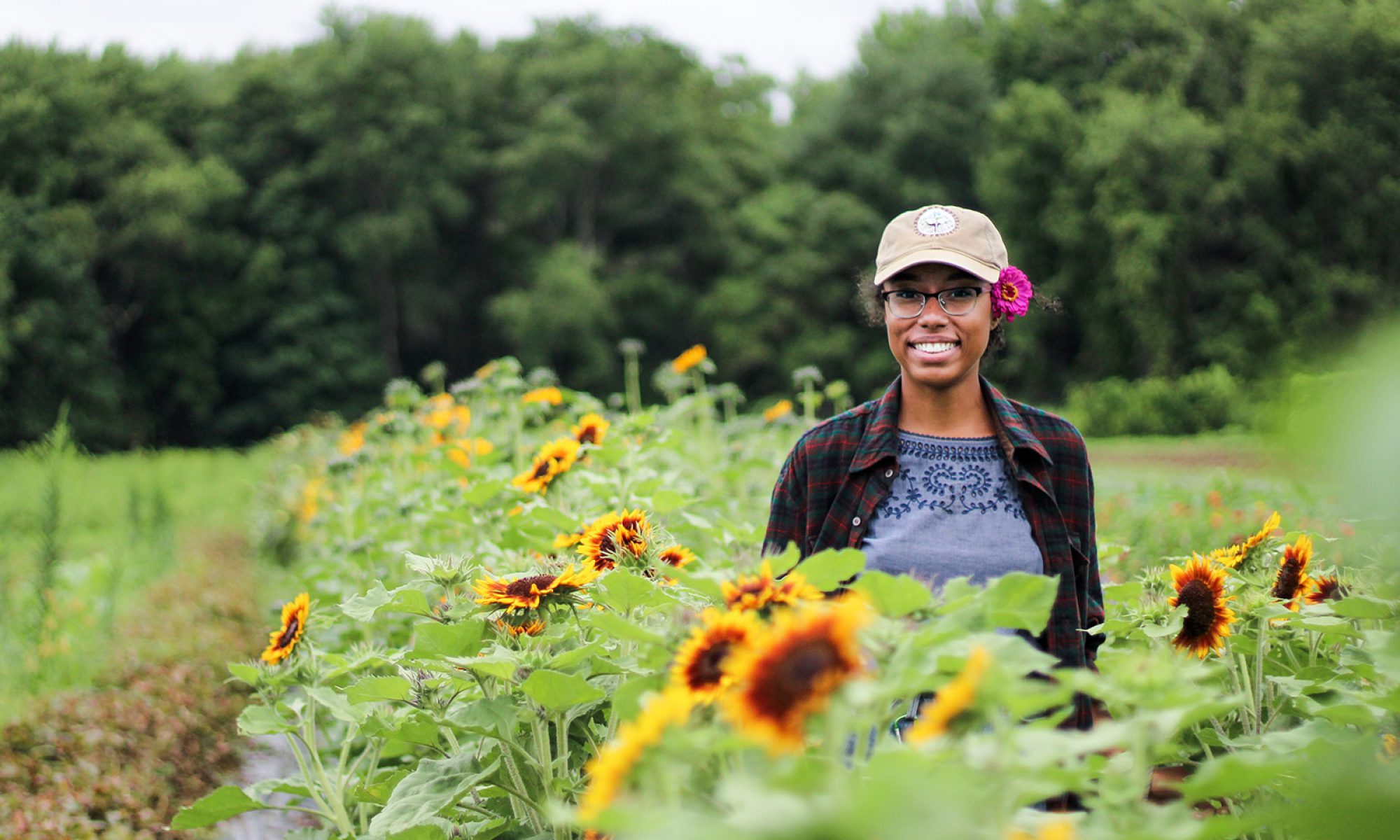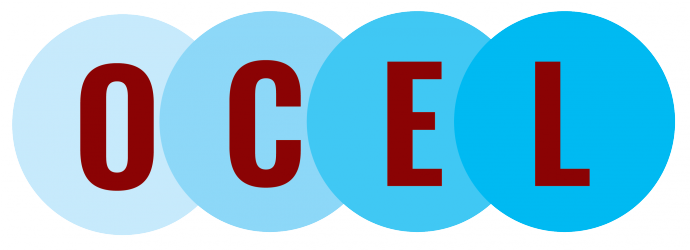In Rescuing the Planet, Hiss sets out on a journey to take stock of the “superorganism” that is the earth: its land, its elements, its plants and animals, its greatest threats – and what we can do to keep it, and ourselves, alive. Hiss invites us to understand the scope and gravity of the problems we face, and also makes the case for why protecting half the land is the way to fix those problems. Register here!
Volunteer with the Kingston Fall Street Sweep (in person)
Starting point: 177 Broadway, Kingston, NY (corner of Broadway and McEntee)
Starting point coordinates (meeting location): 41.92269, -73.98827
Ending point: 65 Broadway, Kingston, NY 12401
Ending point coordinates: 41.91955, -73.98466
Trash and debris in the Hudson River Estuary are a persistent problem. While various clean-up programs and techniques are essential, innovative solutions are necessary to make a lasting impact. Riverkeeper and the NY-NJ Harbor Estuary Program (HEP) propose to engage stakeholders to develop a long-lasting, proactive solution to trash prevention and detection by addressing land-based sources of trash before it enters the waterway. Using HEP’s “Stopping Trash Where It Starts” protocols, Riverkeeper and HEP will conduct a fall “street sweep,” or litter survey, in Kingston, focusing on litter generation and dispersal methods along the right-of-way, including sidewalks, to create linkages to the issue of floatable material or marine debris in the Estuary.
The survey locations will consist of a 400 meter stretch of road, on one side of the street, designated by cross streets for starting and ending points identified on Google Maps and coordinates. There will be a buffer distance of 300 meters from the nearest waterway. It is believed that at this distance, trash will have a higher probability of entering the waterway without incurring much obstruction.
Please email Katie Leung at kleung@riverkeeper.org if you have any questions. Katie will reach back out to you with more details after you sign up.
The Perils of Plastics (virtual)
The League of Women Voters of Westchester County invites you to a virtual forum to find out why the production, use and disposal of plastic is one of the greatest environmental and health threats of our time.
Featuring Eric Cirino, author of Thicker Than Water: A Quest for Solutions to the Plastics Crisis and Jim Vallette, President of Materials Research L3C and author of The New Coal: Plastics and Climate Change.
This event is co-sponsored by: Bedford 2030, Beyond Plastics, Climate Reality Project– Westchester Chapter, Federated Conservationists of Westchester County, ELLA of Teatown Reservation, Green Ossining, Mothers Out Front, New York League of Conservation Voters, League of Women Voters of NY State, Riverkeeper, Scenic Hudson, Sustainable Westchester, and Westchester County.
Rummage Sale Fundraiser (in person)

Rummage Sale Fundraiser (in person)

Rummage Sale Fundraiser (in person)

Eat or Toss? (virtual)
Join Hudson Valley EATS and special guest, Racheal Jackson, journalist and founder of Eat or Toss, and stress no more about the uncertainty of whether a food can still be eaten or needs to be tossed because it could make you sick. Register here!
Repair and Rehome -Consumerism with a Heart (virtual)
In this webinar Sustainable Westchester will present on Repair Cafes, a new concept where neighbors help neighbors fix broken things and connect over the shared idea of repairing rather than treating items as disposable. Participants will learn how to set up a ‘Take it or Leave it’ aka TIOLI shed in our community and promote the concept of one person’s trash being another’s treasure.
Talk: Chantal Bilodeau, Co-founder of Climate Change Theater Action (remote)
Chantal Bilodeau, Co-Founder of Climate Change Theater Action will speak to the Hudson Valley and Catskills Climate Reality Chapter on Sunday, October 17th at 6pm. All are welcome.
To attend via Zoom, please email evemorgenstern@gmail.com
Chantal is a Canadian playwright now living in NYC who has been instrumental in getting the theater and educational communities, as well as audiences in the U.S. and abroad, to engage in climate action. Founded in 2015, Climate Change Theatre Action is a worldwide series of readings and performances of short climate change plays presented biennially to coincide with the United Nations COP meetings. Every other year, 50 professional playwrights, representing all inhabited continents as well as several cultures and Indigenous nations, are commissioned to write five-minute plays about an aspect of the climate crisis based on a prompt. This year’s prompt is The Green New Deal. The collection of plays is then available to producing collaborators interested in presenting an event during the project’s time window, typically in the fall. Events can be in-house readings, public performances, radio shows, podcasts, film adaptations and more. Chantal Bilodeau is also Founding Artistic Director of The Arctic Cycle and she is writing a series of plays that look at the social and environmental changes taking place in the eight Arctic states. In 2019, she was named one of “8 Trailblazers Who Are Changing the Climate Conversation” by Audubon Magazine.
Compost Basics + a DIY Compost Garbage Can Demo (remote)
As the impacts of climate change intensify worldwide, there is an urgent need for resilience in ecosystems and human societies.
How can we contribute to this on the scale of our homes and neighborhoods? This workshop will explore the contributions home, community, and neighborhood gardens can make to multiple forms of climate resilience – food security, wildlife habitat, watershed restoration, and community building. Bring your ideas, questions, and dreams for playing an active role in the health of the living systems that you are part of!
Connor Stedman, M.S. is an ecological designer, farm business planner, and climate change educator based between the Hudson and Connecticut river valleys. Connor has spent over a decade supporting businesses and communities to implement industry-leading carbon farming and climate adaptation systems, and to reimagine how they affect and can be guided by land. He is lead faculty at the Omega Institute for Sustainable Living and a professional affiliate instructor with the University of Vermont’s innovative Leadership for Sustainability graduate program.

